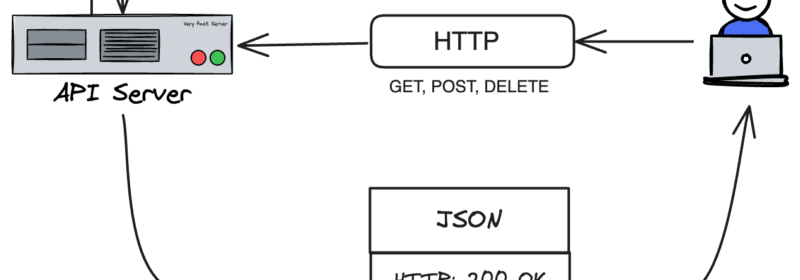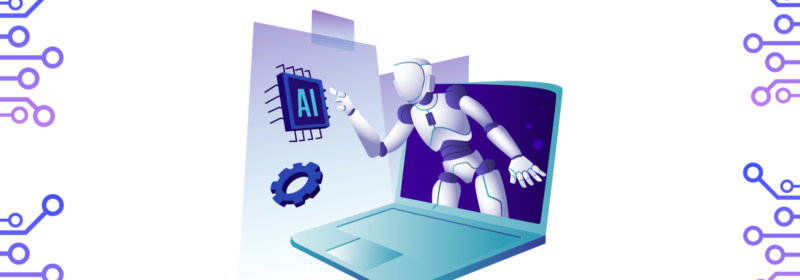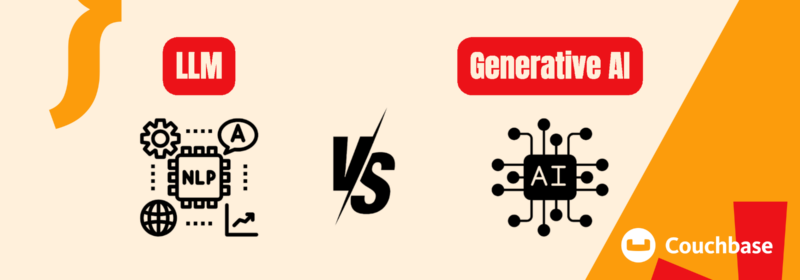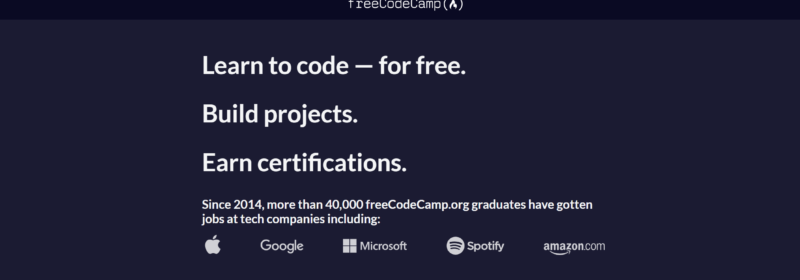Category: Application Design

Column-Store vs. Row-Store: What’s The Difference?
When’s the last time you used a database? Most of us are so accustomed to user-friendly interfaces like TikTok, bank apps, and work programs that we don’t realize we’re interacting with databases all the time. We’re even less inclined to...

Learning on the Couch with FreeCodeCamp: Version Control – Git + GitHub
If you’d like to watch this blog live, here is a video of Nyah Macklin & Jessica Rose walking through the process of installing Git and setting up a GitHub account. Watch below or read on. In our last post,...

Differences Between Serverless vs. Cloud Computing
Overview of Serverless Computing and Cloud Computing This blog post will discuss the main differences between serverless and cloud computing, their advantages and disadvantages, and their primary use cases. Keep reading to learn which type of computing is the best...

API vs. SDK: Breaking Down the Differences (Plus Examples)
This blog post will discuss what APIs and SDKs are, the differences between them, how developers use them, and situations in which you would benefit from choosing one over the other. What is an API? The traditional definition of an...

A Guide to Vector Search
What is Vector Search? Developers are flocking to vector search to make their applications more adaptive to their users. As the term search implies, vector search is for finding and comparing objects using a concept known as vectors. Put simply,...

An Overview of Retrieval-Augmented Generation (RAG)
What Is Retrieval-Augmented Generation? There’s no doubt that large language models (LLMs) have transformed natural language processing, but at times, they can be inconsistent, random, or even plain wrong in the responses they deliver to a prompt. While this can...

Data Analysis Methods: Qualitative vs. Quantitative
Data analysis is a crucial step in extracting meaningful insights from collected data. Two common approaches to analyzing data are qualitative and quantitative analysis. Each method offers different techniques for interpreting and understanding your findings. This blog post will further...

A Guide to Generative AI Development
This blog post will provide you with insights and best practices for developing generative AI solutions. By the end of this guide, you’ll have a clear understanding of what generative AI entails, how it works, use cases, benefits, required tech...

Large Language Models Explained
What is a Large Language Model (LLM)? A large language model (LLM) is an artificial intelligence (AI) algorithm trained on large amounts of text data to create natural language outputs. These models have become increasingly popular because they can generate...

What is Data Analysis? (Types, Methods, and Tools)
Data analysis is the process of cleaning, transforming, and interpreting data to uncover insights, patterns, and trends. It plays a crucial role in decision making, problem solving, and driving innovation across various domains. In addition to further exploring the role...

Couchbase & Enabling Free Programming Bootcamps
Here at Couchbase, we know that one of the most important developer tools is access to ongoing high quality technical education. As Couchbase works great with web technologies and applications, we wanted to see where we could better support emerging...

